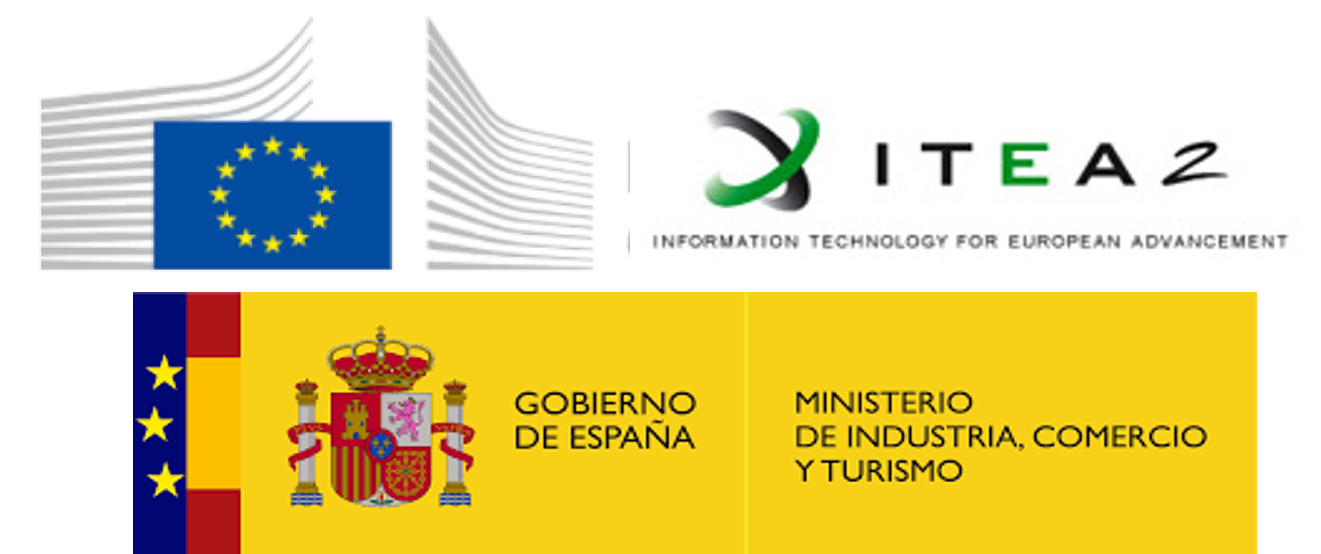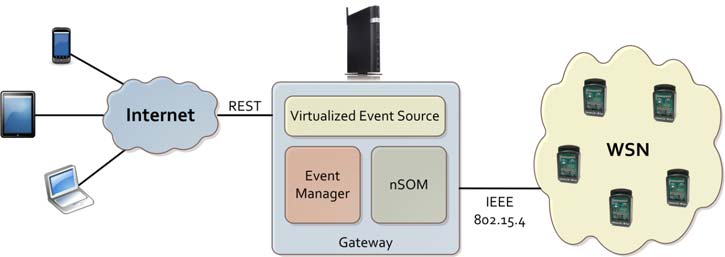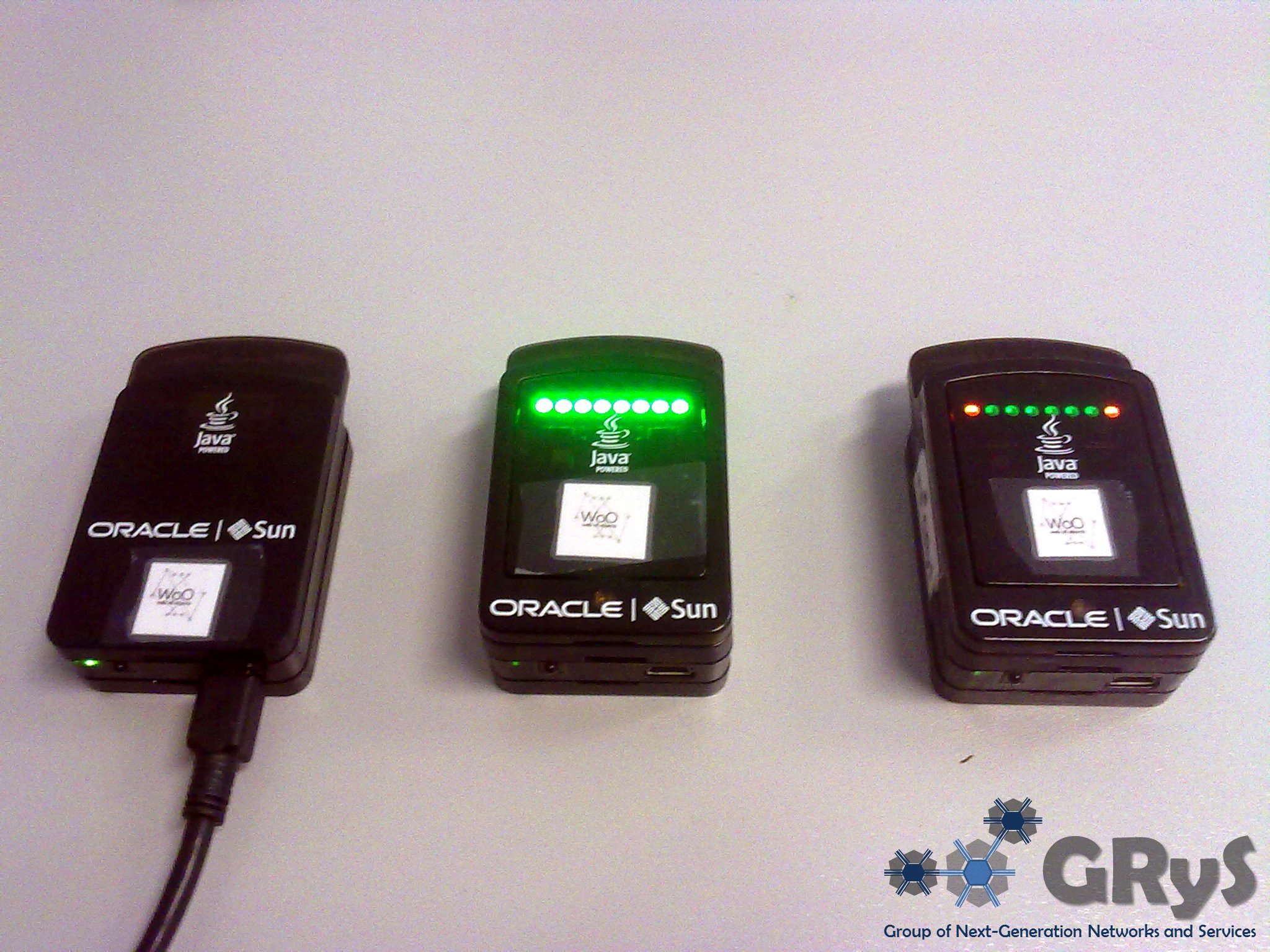WoO
Web of Objects
The ITEA 2 Web of Objects project developed an innovative approach to building automation. This approach utilized smart applications to integrate information from various building-control systems that were previously isolated. The project aimed to create a unified service model based on a service-oriented architecture, incorporating the network infrastructure and its capabilities as part of the services.
Project Information
| Organization | European Comission |
| Program | ITEA 2 |
| ID | TSI-020400-2011-29 (ITEA 10028) |
| Financing | ITEA 10028 Ministerio de Industria Turismo y Comercio (Programa ITEA2) |
| Start date | 2011-07-01 |
| End date | 2013-12-31 |
| Website | https://itea4.org/project/web-of-objects.html |
Participation
The Web of Objects (WoO) project was the first European research project I participated in. Professor José Fernán Martínez Ortega, from the Next Generation Networks and Services Research Group (GRyS), offered me the opportunity to complete my final year project with a scholarship associated with the project, with the option to continue in the research group to pursue my doctorate if both the group and I decided to do so.
In the project, I worked on designing, implementing, validating, and verifying a proposal for the virtualization of devices and services following the Internet of Things reference architecture model. This proposal integrated aspects such as:
- The discovery of new devices in a wireless sensor network and their offered services, including resilient registration.
- The virtual representation of these devices and their services using independent OSGI containers for each device.
- The orchestration of new services directly performed on low-capacity devices.
- The management of events generated by the network devices.
With this work, I was able to develop my final year project (Lucas-Martínez, 2013), which also led to my first conference paper (Lucas-Martínez et al., 2014) and my first article (Lucas-Martínez et al., 2014).
Demonstration Videos
As part of the Spanish demonstrator for the project, several videos were created. The two included here are those in which I participated.
Discovery and Registration Process
This video showcases the discovery and registration process of devices that I developed for the project.
Credit: Video by Web of Objects.
Anomaly Detection System
This video demonstrates the anomaly detection system, in which I participated by composing the presence identification service and handling the generated events. Additionally, I appear in the video playing the role of the intruder accessing the house.
Credit: Video by Web of Objects.
The rest of the videos from the Spanish demonstrator are available in this YouTube playlist.
Disclaimer

This project has received funding from European Union and the Spanish Ministry of Industry, Trade and Tourism in the framework of the ITEA 2 Program.


